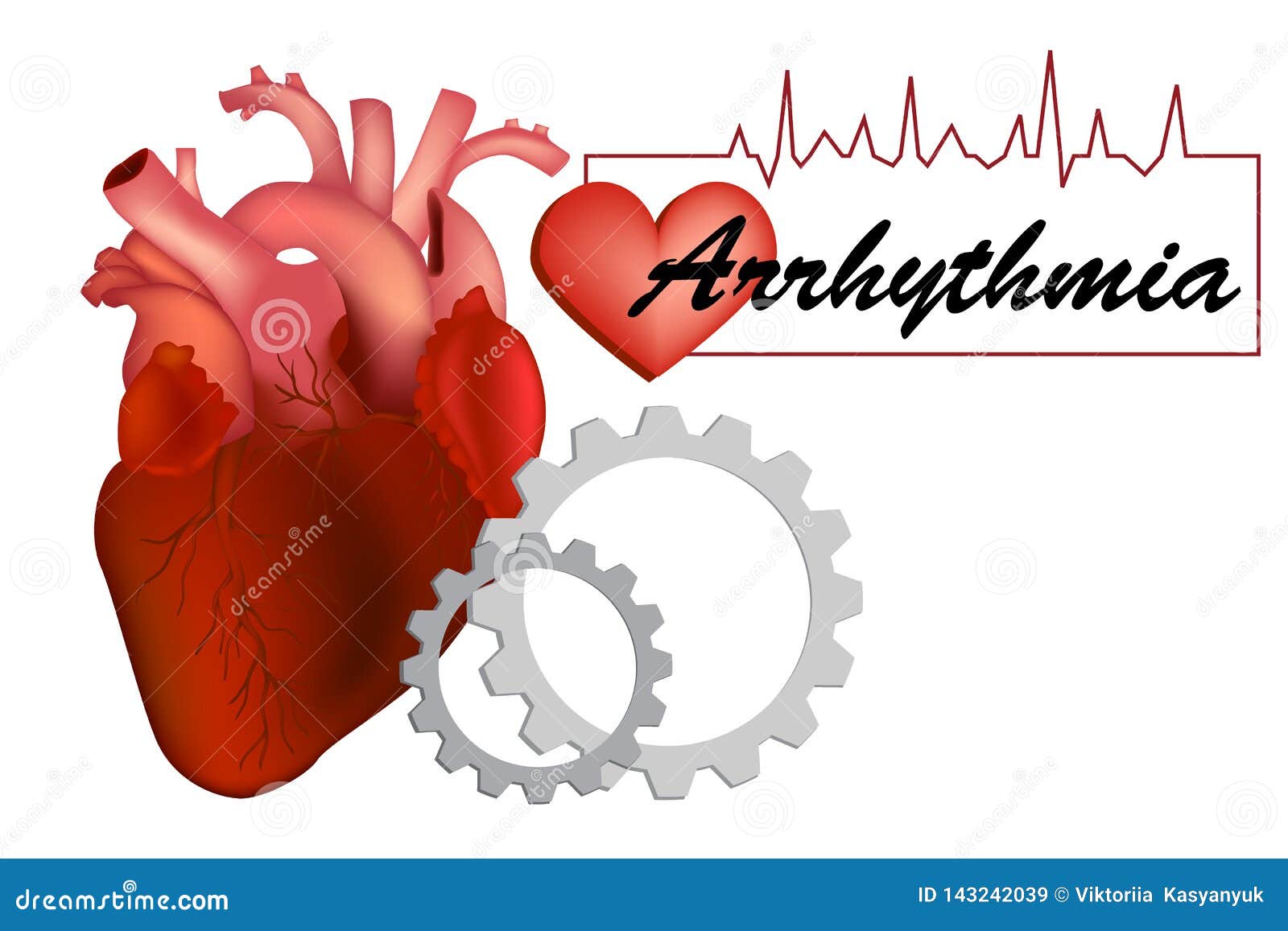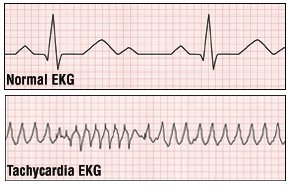

Our cardiologist will take a detailed history and examine you. If you experience symptoms of ventricular ectopics, you should book an appointment to see a cardiologist. Watch our video to discover the top treatment options for irregular heart beats. If you experience any of these symptoms, we recommend arranging a heart screening to check your heart’s health. Sometimes patients will experience symptoms intermittently, with weeks or months between episodes. Many patients will experience symptoms sporadically or with no particular trigger. Your heart rate is lower while you rest or sleep, allowing ectopic beats more time to occur. You may experience symptoms at night or when resting. Other common symptoms are dizziness, a ‘thump’ in the chest, or shortness of breath. It may then feel as if your heart momentarily stops. This sensation occurs because the heartbeat cycle resets after an ectopic beat preceded by a short paus e. Some people feel like their heart is stopping or skipping a beat, which you might find understandably worrying. Others may experience a sensation of fluttering or butterflies in the chest.

Learn more about heart and vascular care at Baylor Scott & White Health today.Many patients have no symptoms. Talk to your doctor about which options may be right for you. Treatment for an arrhythmia will vary depending on your particular situation. Other patients may need advanced procedures or surgery. More serious conditions related to arrhythmia include heart failure, heart disease, sleep apnea, chronic fatigue, stroke and cardiac arrest.ĭepending on the severity and cause of arrhythmia, lifestyle changes including a healthier diet, increased exercise and stress reduction are often part of patients’ care plans, along with medicine. If you experience the above symptoms and are concerned about arrhythmia, talk to your doctor, especially if you have a medical condition like diabetes or high blood pressure, or a family history of heart disease.Įven minor symptoms from arrhythmia can be disabling and affect your quality of life.

When the symptoms of arrhythmia persist, they can lead to poor quality of life and life-threatening conditions. In more serious cases, an abnormal heart rhythm can be a sign of heart disease or other medical conditions. They can be caused by anxiety or consuming high amounts of alcohol or caffeine. Many arrhythmias are temporary and not life threatening. Other arrhythmias affect the upper chambers of the heart (the atria). For example, they might keep the lower chambers (ventricles) from filling with blood, or not pump enough blood. Irregular heartbeats, or arrhythmias, interrupt how the heart pumps blood. When these impulses follow each other too quickly, too slowly or unevenly, it’s a warning sign. Each device provides a record of an important sign of health: the electrical impulses of the heart.

You’ve heard the beep, beep of a heart monitor, or seen the narrow strips of graph paper showing sharp peaks and valleys of a heart beating. With its slow and steady rhythm, beating roughly 4,800 times every hour, your heart keeps you alive.īut what happens when that familiar rhythm starts to change? Many of us take for granted the organ that keeps us going every day - the heart.


 0 kommentar(er)
0 kommentar(er)
